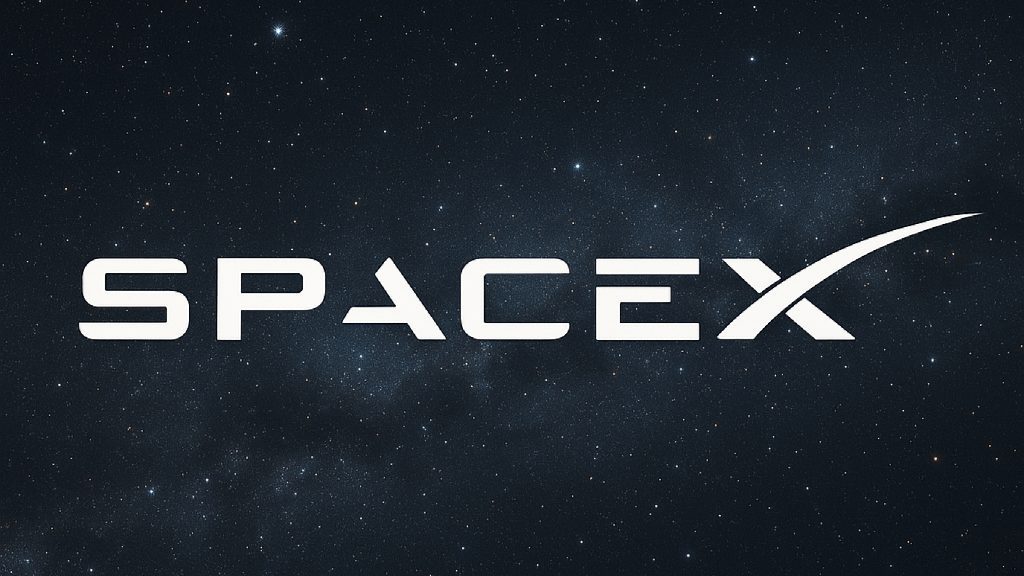
Elon Musk’s SpaceX, United Launch Alliance (ULA), and Jeff Bezos’ Blue Origin have secured a total of billions of dollars in contracts to launch the Pentagon’s most sensitive satellites in the upcoming years.
The recently announced national security launch contracts highlight the growing role that private space industry is playing to enhance US defense priorities and illustrate the evolving competitive nature of the space industry.
Elon Musk’s SpaceX Latest Pentagon Contract
Elon Musk’s SpaceX won the largest share of contracts, $5.9 billion for 28 missions, about 60% of the Pentagon’s upcoming satellite launches.
United Launch Alliance, a joint venture of Boeing and Lockheed Martin, won $5.4 billion for 19 missions, about 40%, while Bezos’ Blue Origin secured $2.4 billion, as it seeks to expand its horizon in the space industry.
These contracts reflect the development of the space market. The industry’s longtime dominant player, ULA recently certified its Vulcan rocket, and Blue Origin advanced in January with New Glenn rocket’s first orbit. The contracts are for more complicated missions and are part of the US Space Systems Command strategy to have a robust and resilient space launch system, which is essential for national security.
The Phase 3 Lane 2 contracts will support complex spaceflight outlines, including launching critical military and intelligence satellites into orbit.
“A robust and resilient space launch architecture is the foundation of both our economic prosperity and our national security,” said US Space Force Chief of Space Operations, General Chance Saltzman, in a statement.
While Elon Musk’s SpaceX leads with advanced reusable rockets, ULA and Blue Origin’s venture add variation to US launch capacity, offering flexibility and resilience to space missions specifically with increased competition from China and Russia.
In addition to government contracts, SpaceX is expanding commercially, with its 13th launch of the year at Vandenberg Space Force Base, on a planned 3 p.m. launch of a Falcon 9 rocket carrying 27 Starlink satellites to low-Earth orbit.
The first-stage booster of the rocket will come back to Earth after it has burned and land on the Of Course I Still Love You SpaceX droneship in the Pacific Ocean.
Final Thoughts
Private space companies are playing significant roles in national defense by securing key government contracts to launch war satellites, with the shift driving innovative military space missions, as competition among pushes advancements in rocket reusability, budget-friendliness, and satellite deployment.
The more private companies initiate, the more the US government will access innovative, resilient space infrastructure, enhancing national security while generating a more competitive space industry.
As private space companies continue to innovate in space technology, should the US government invest more in promoting innovation in the private sector, or should it prioritize building government space programs to keep more control of significant defense technologies?
Inside Telecom provides you with an extensive list of content covering all aspects of the tech industry. Keep an eye on our Tech sections to stay informed and up-to-date with our daily articles.